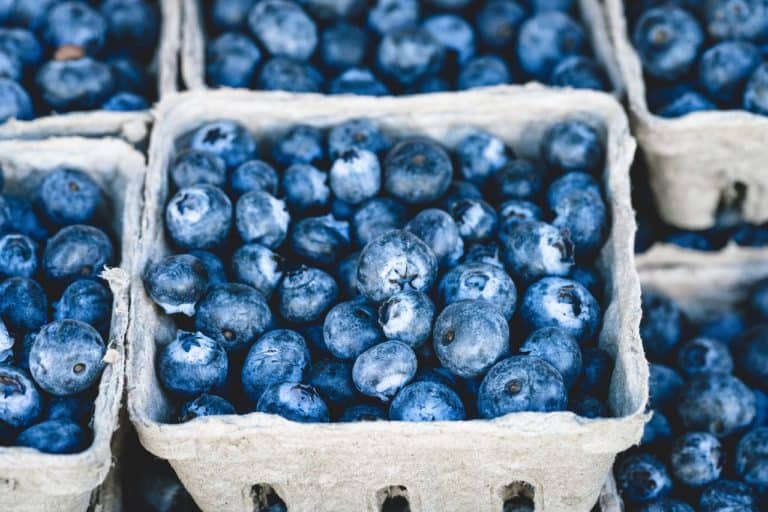That would be chemical giant Monsanto, the king of genetically modified soybeans.
Along with the fact that no one has definitively determined that genetically modified soybeans (or other GM foods) are safe (just because no one has definitely linked any deaths or serious illnesses to consumption of GM foods does not mean they are safe), these beans require more pesticides than conventional soybeans, yield smaller crops, and appear to be responsible for the growth of resistant weeds.
Then there’s the question of allergies. Scientists have long known that GM crops might cause allergies, but there are no tests to prove in advance that a GM crop is safe, because people usually don’t display allergic reactions to a food until they have eaten it several times. Soybean allergy is one of the more common allergies that affect people.
In March 1999, researchers at the York Laboratory in the United Kingdom found that allergic reactions to soy had risen by 50 percent over the previous year, just when GM soy had entered the UK from the United States, and the soy used in the study was mostly GM. John Graham, a spokesperson for the York lab, said, “We believe this raises serious new questions about the safety of GM foods.” (Organic Consumers Association 2007)
Aside from the questions concerning the safety of GM soybeans, there is the monopoly Monsanto has on its seeds. Monsanto forbids farmers who buy its GM soybean seeds to save seed – a common practice among farmers – which means farmers must buy new expensive seed from Monsanto each year. Because the seeds are genetically modified and thus a creation of Monsanto (and other companies that do the same), the companies have control over the seeds, the plants, and every generation of offspring from those plants. Monsanto actively stalks farmers and looks for those who may break the contract and sues them. (Organic Consumers Association 2000)
More than 90 percent of the soybeans raised in the United States are genetically modified. In fact, Monsanto’s “Roundup Ready” soybeans made up 92 percent of the US soybean acreage in 2008. The good news is that consumers are not happy with GM soybeans, and there is a growing interest among farmers to grow non-GM beans, according to a recent article in The Organic & Non-GMO Report. (The Organic & Non-GMO Report)
References







